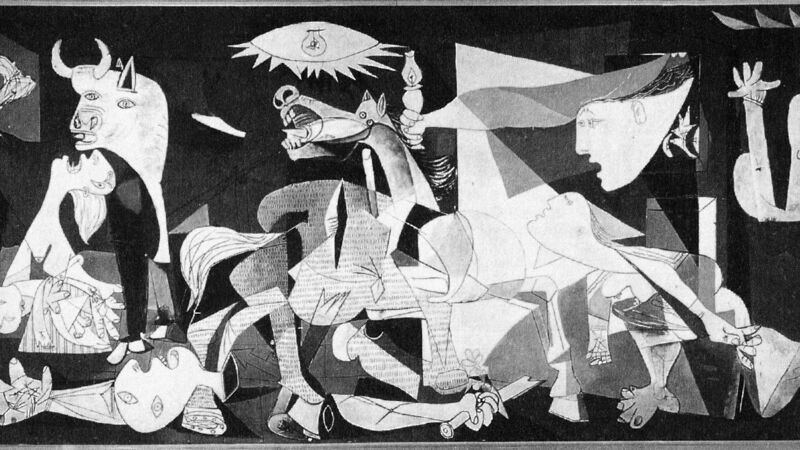Irish Examiner view: Heed the warnings and prepare for war

Pablo Picasso painted 'Guernica' as a response to Nazi bombardment of the town in 1937. Many aspects of geopolitics today echo the build-up to world war in the 1930s.
In a week of historic anniversaries, summits, treaties, and warfare, it is impossible to look upon the world of early summer 2025 with any sense of equanimity.













